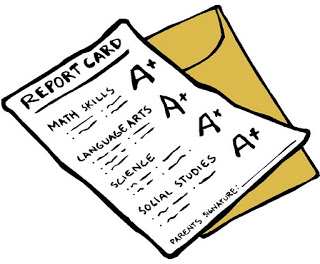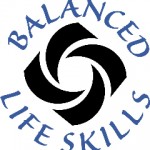 Anxiety in children can be seen in a number of different ways and yet may be missed by some parents and teachers. While anxiety is a leading mental health concern for children, it can be overlooked because often these children are more quiet and compliant. Unfortunately if a child is dealing with anxiety, they may also deal later in life with depression, even increased substance abuse and a general loss of quality of life.
Anxiety in children can be seen in a number of different ways and yet may be missed by some parents and teachers. While anxiety is a leading mental health concern for children, it can be overlooked because often these children are more quiet and compliant. Unfortunately if a child is dealing with anxiety, they may also deal later in life with depression, even increased substance abuse and a general loss of quality of life.
How can we tell if our child is dealing with anxiety? Here are a couple of the signs.
- are they clinging when you separate from them
- are they excessively shy
- do they worry a lot
- do they avoid social situations or places do to fear
- are they complaining about headaches or stomachaches
- do they experience panic attacks
Anxiety is a normal feeling for everyone and it is not dangerous. Yes it does feel uncomfortable, but it will eventually decrease. Anxiety is temporary and honestly it has it good points too. Anxiety can help us to prepare for dangerous situations or even heighten our performance or motivate us to practice, study or prepare better than others might. However anxiety becomes a problem when we begin to react in the absence of real danger.
Here are just two things to remember though when trying to assist a child who experiences anxiety in situations that are really safe for them.
- do not give too much reassurance. I know we want to let them know we are there for them, tbut doing so excessively can even raise the anxiety and they do not learn to cope on their own. Giving them some questions to ask themselves about the situation and learning to answer them will teach them to think through the situation or challenge. Model for them how you make those decisions.
- help them build self-confidence. Praise the efforts they put into facing their fears and the accomplishment of the task they completed. Activities such as an art including martial arts, visual arts and performing arts are all individual and as they work at them they will improve and see their progress. Giving them responsibilities with a pet or in charge of something at home is another way of helping them to see that they are good at these tasks, builds self confidence.
There are more ways of working on anxiety, but a good safe environment and the encouragement of parents and mentors will do wonders for the growth of an anxious child. Balanced Life Skills has worked over the years to with anxious children and parents overcome their fears and grow into confident young men and women. We are a school that teaches peace, including peace within ourselves.



